This book brings Afrofuturism into conversation with digital humanities to pioneer the field of Digital Africana Studies, and shows how students and academics can engage with the vision of Afrofuturism, both theoretically and practically, in the classroom and through research. As Black people across the globe consider their place in the future following the past two decades of technological advancement, Afrofuturism and its relevance for the humanities has become ever pertinent. While Afrofuturism has thus far been discussed through a literary, artistic, or popular culture lens, growing use of new technologies, and its resultant intersections with the reality of our racial experiences, has created a need for approaching Afrofuturism from a digital studies perspective. Via detailed case studies, Bryan W. Carter introduces the field of Digital Africana Studies to demonstrate how this new area can be experienced pedagogically. Alongside the book, readers can also visit select Digital Africana Studies projects that exemplify the various technologies and projects described at the author’s website: ibryancarter.com/projects. Given its unique approach to the path-breaking tradition of Afrofuturism, the book will be indispensable for scholars and students across fields such as digital humanities, media studies, black studies, African American studies, and Africana studies.
Afrofuturism and Digital Humanities (Routledge Research in Digital Humanities)
$39.59
This book supports studies in digital humanities, media studies, and Africana studies by exploring the intersection of Afrofuturism and technology.
Additional information
| Weight | 0.454 lbs |
|---|---|
| Dimensions | 15.2 × 0.8 × 22.9 in |

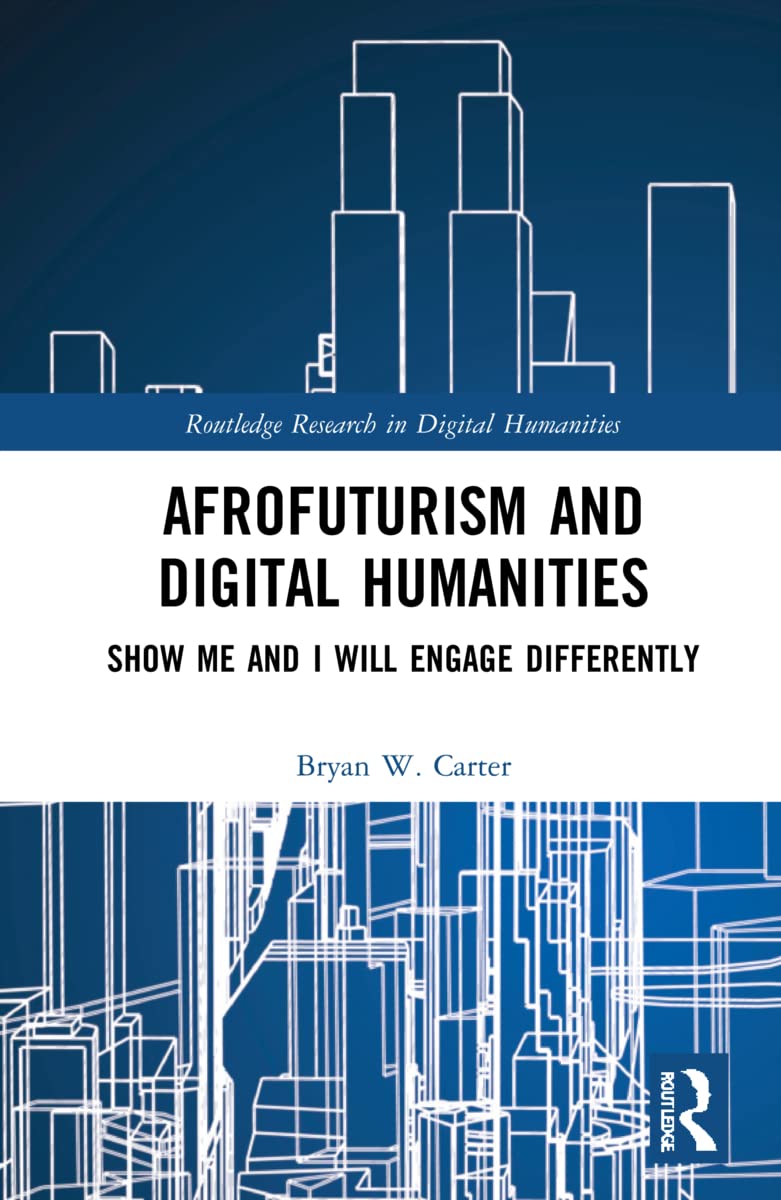
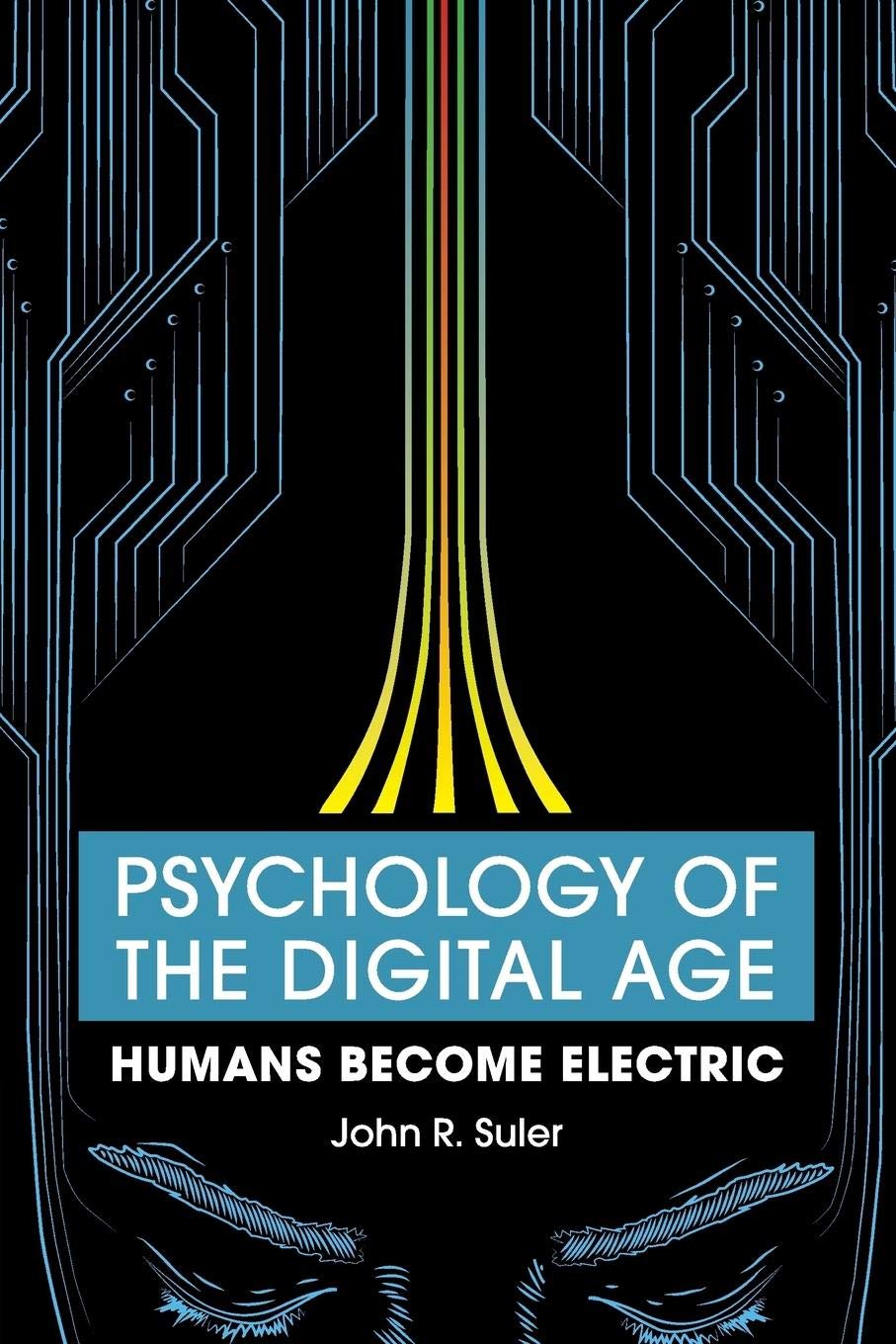
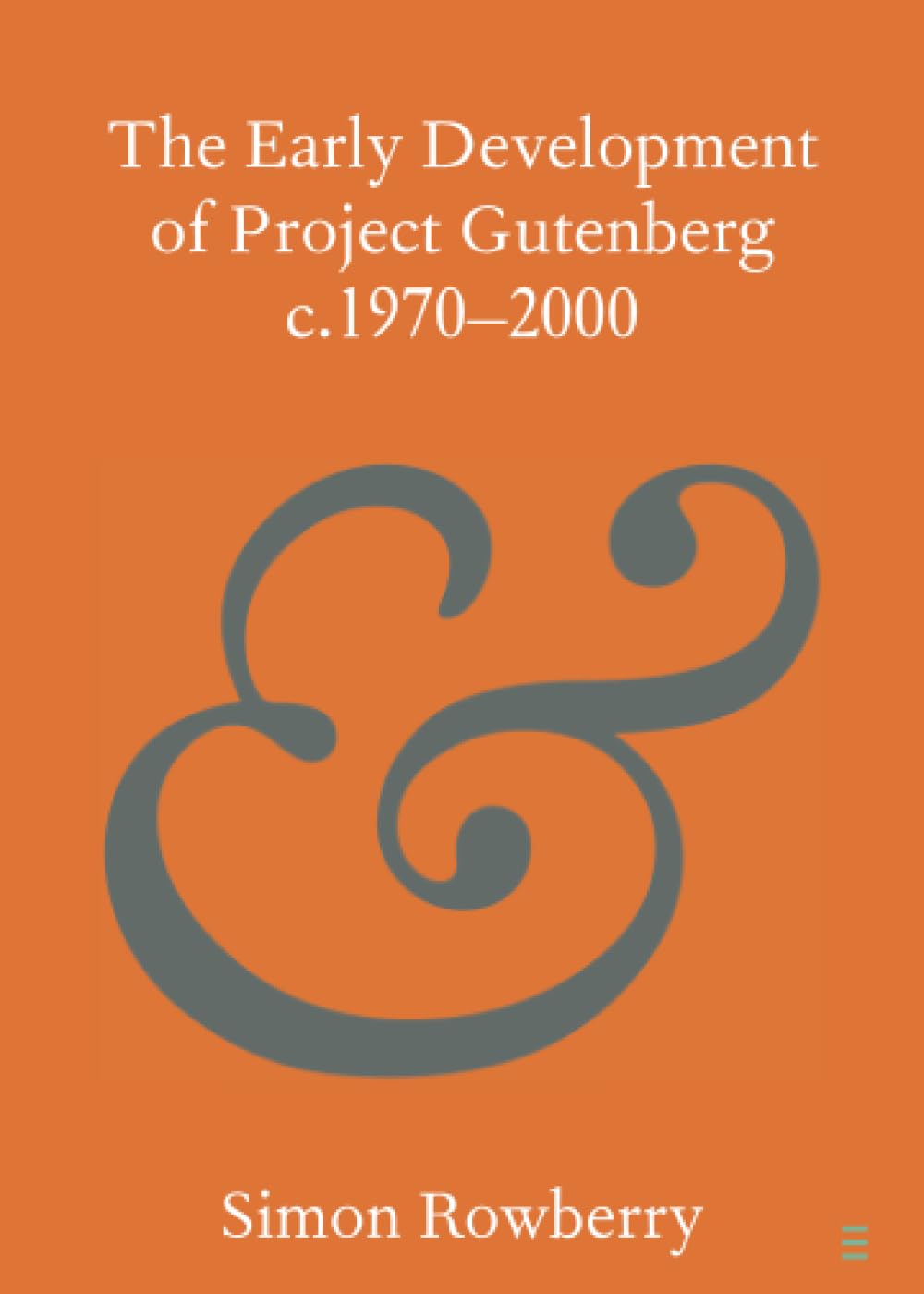
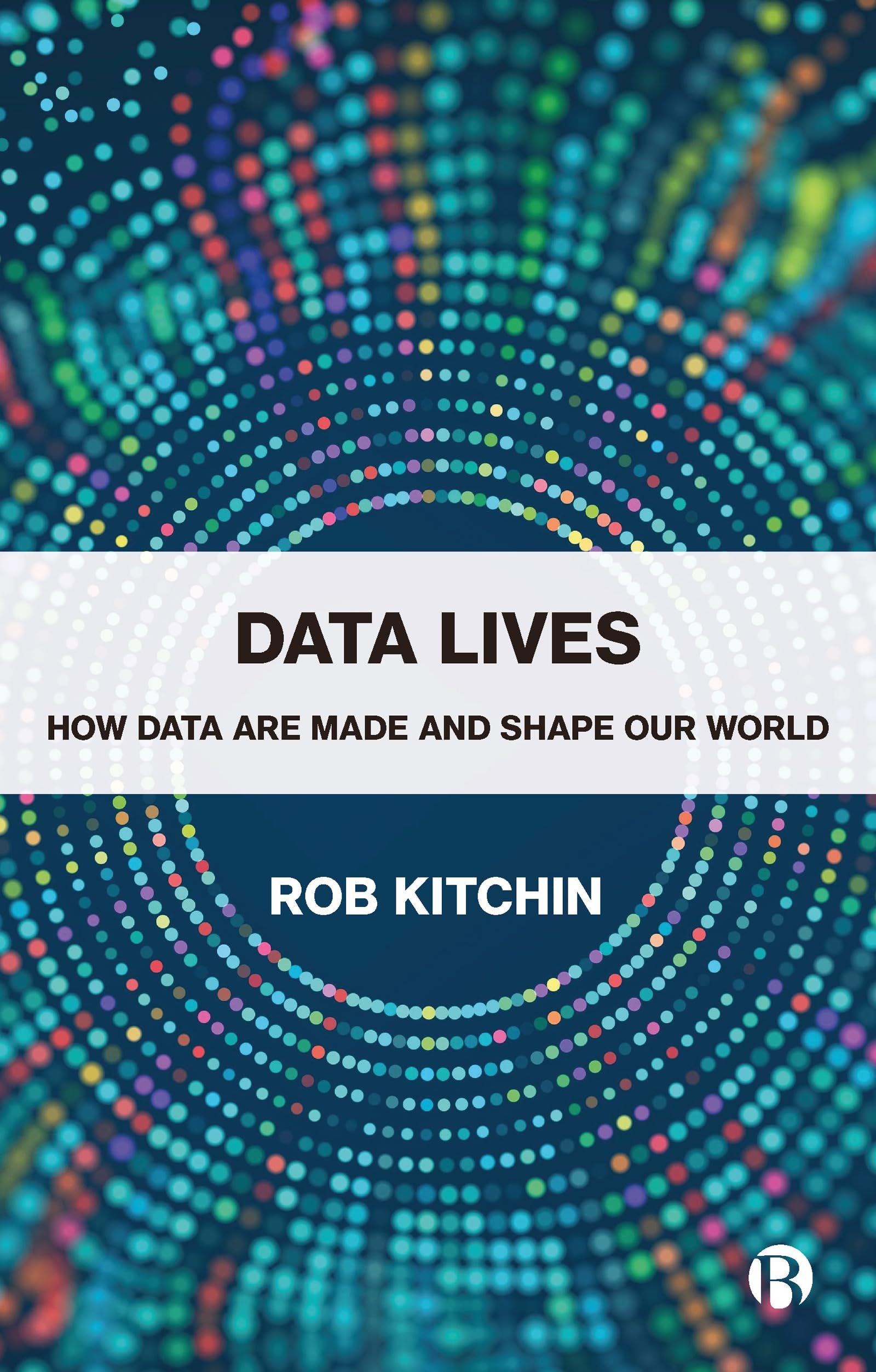
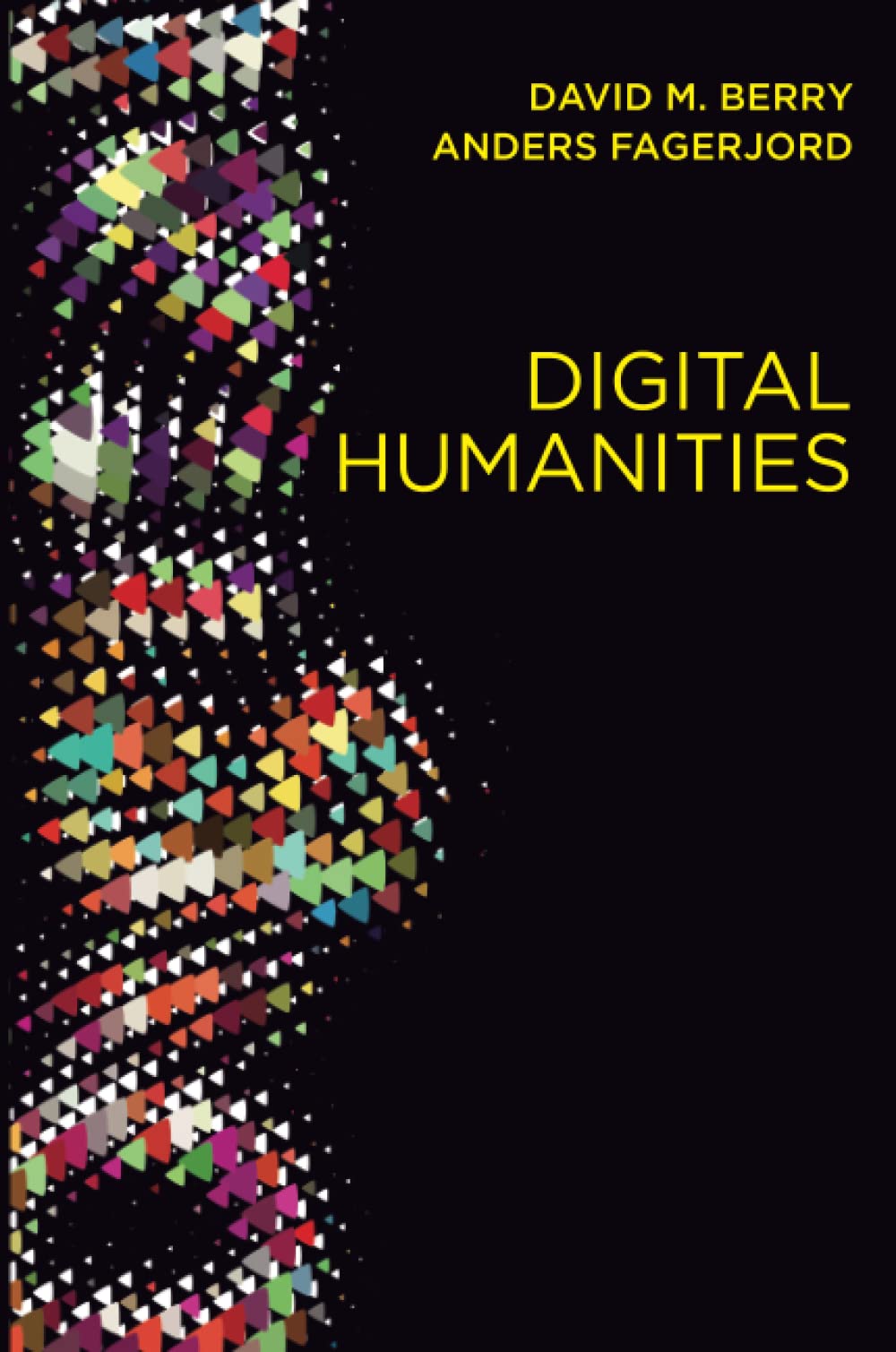
Reviews
There are no reviews yet.